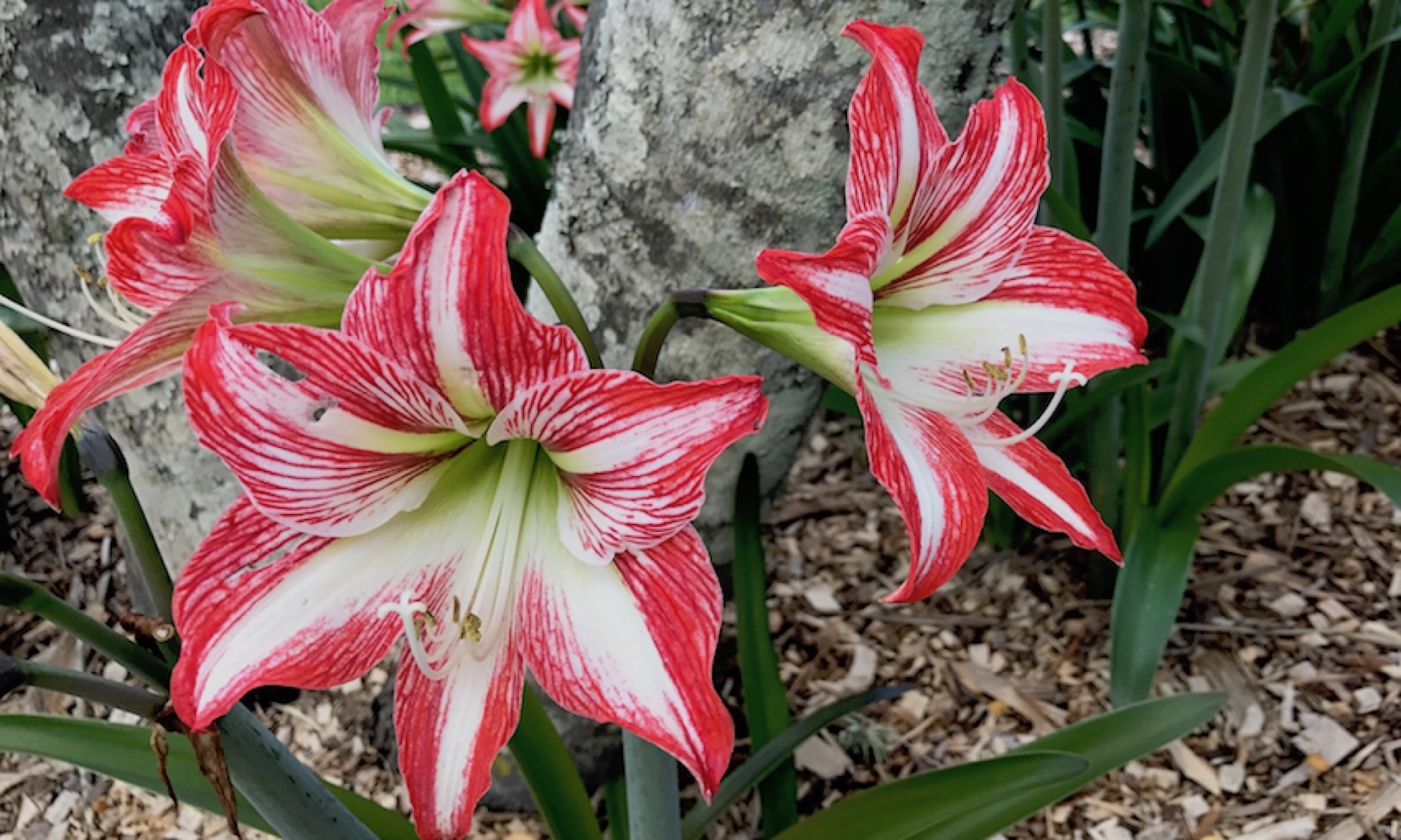Much of what I remembered about human sex hormones from school was that testosterone gave men muscles and encouraged them to be emotional surface-dwellers, and that oestrogen gave women boobs and induced periodic mood changes. As it turns out, it’s a lot more complicated than that. Who knew!?
When I finally admitted to myself in July 2016 that I was transgender, I acknowledged that the concept of transitioning, having breached my conscious defences, would almost certainly soon come rushing at me. I started researching sex hormones, amongst many other topics, to be better prepared.
I found oases of material on the internet, ranging from the atrociously bad to the eye-openingly relevant. I found almost countless personal anecdotes, both written stories, and even more Youtube videos. Many of the personal anecdotes were useful in providing me with a human perspective, yet many others were published by people seemingly driven to say something, yet apparently unaware of exactly what they needed to say.
Having gotten my head around the basics of how starting a course of female sex hormones would affect me, I needed to understand the scientific perspective: what exactly would happen to my mind and body? How quickly would it happen? What would be the extent of the changes (or more specifically, how big would my boobs get)?
I discovered an acronym commonly used in the American transgender community that succinctly answers most of those questions: YMMV (Your Mileage May Vary). Essentially, the extent of any effect on any one particular body is not pre-determined, and therefore cannot be predicted. The ultimate effects depend on a range of factors: your age at the beginning of your transition, your genetics etc. The end results vary in the same way that they do for a cisgender girl entering puberty.
Thankfully several stand-out gems were to be found amongst the detritus. This document jointly published by Vancouver Coastal Health and the Canadian Rainbow Health Coalition is one of the most useful that I have found to date.
At the same time as I was spending hours weekly reading and watching and reading and watching, I was also crossing procedural bridges. I have lost count of the number of GP and specialist medical appointments that I have attended over the past 18 months in relation to my transition, but my rough count over the year from September 2016 to August 2017 is at least several dozen.
Thankfully my GP, who I now literally entrust my life to, had referred me to an excellent psychologist for an assessment. That meant spending many hours with him in late 2016, telling my story as best I could, and answering many, many questions about how I saw myself and how I interacted with others. After the final session in my initial series of appointments, my psychologist wrote a report that was sent to my GP. I wasn’t permitted to see the report, but at my follow-up GP appointment in January 2017, I was asked by him if I was ready to start talking about hormones. I smiled a huge smile of relief, and exhaled as if I had never exhaled before. I may have even shed a tear or two.
